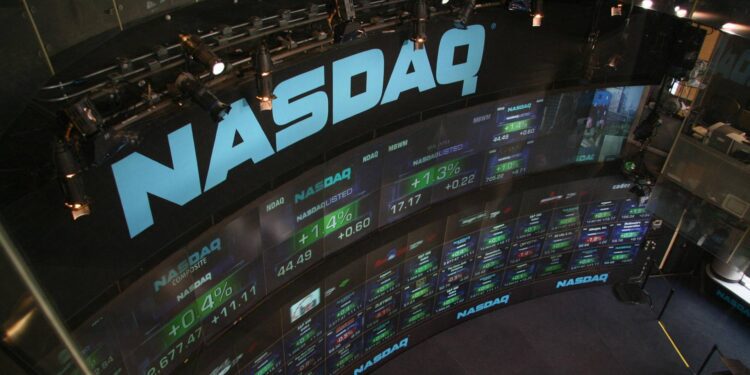Warren Buffett’s Berkshire Hathaway has amassed an astonishing $325 billion in cash reserves. This situation raises questions regarding why the renowned investor has not jumped into the market with these funds, especially as the stock market continues to surge, with the S&P 500 reaching unprecedented levels and corporate earnings flourishing.
Buffett appears to be adopting a more measured stance. Cathy Seifert, a director at CFRA Research, suggests that his approach indicates doubt about the durability of current market valuations. “What some might label a thriving stock market, Warren Buffett would refer to as overpriced,” commented Seifert.
She went on to mention that at present, Berkshire is not identifying many attractive acquisition prospects. At 94 years old, Buffett will eventually pass the reins of Berkshire Hathaway to new leaders. Meyer Shields, managing director at Keefe, Bruyette & Woods, proposed that the substantial cash hoard might also be reserved for share repurchases that would benefit stakeholders in case of a market downturn.
Michael Saylor, co-founder of MicroStrategy, has criticized Berkshire’s approach, contending that the refusal to invest the cash is tantamount to capital destruction.
Berkshire’s strategic caution concerning cash
Saylor advocates for investing in Bitcoin as a superior strategy, expressing confidence in his ability to persuade Buffett of its advantages.
Regardless of differing views, Buffett’s conservative strategy is in line with his established investment principles. Historically, he has shunned chasing market trends, instead prioritizing undervalued firms with promising long-term potential. Recently, Berkshire has invested in companies like Domino’s Pizza and a swimming pool supply firm known as Pool Corporation.
Nevertheless, these smaller investments have not significantly reduced the company’s extensive cash reserves. Political dynamics, including the influence of Donald Trump’s presidency, have also shaped market perceptions. Seifert pointed out that Berkshire’s relative caution might stem from uncertainties around the durability of the “Trump trade” and fears of inflation.
While some critics interpret the cash accumulation as a sign of a lack of investment drive, others see it as a wise strategy. Having a substantial amount of capital readily available can create a competitive edge, particularly during turbulent market conditions. As Greg Abel prepares to eventually succeed Buffett, the challenge of effectively managing Berkshire’s cash reserves is set to remain a significant concern.
At this time, Buffett’s approach of keeping substantial cash reserves illustrates a calculated prudence in a climate where he perceives fewer viable investment avenues.


